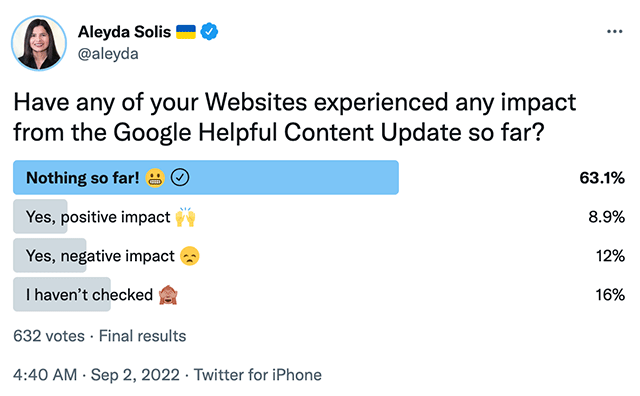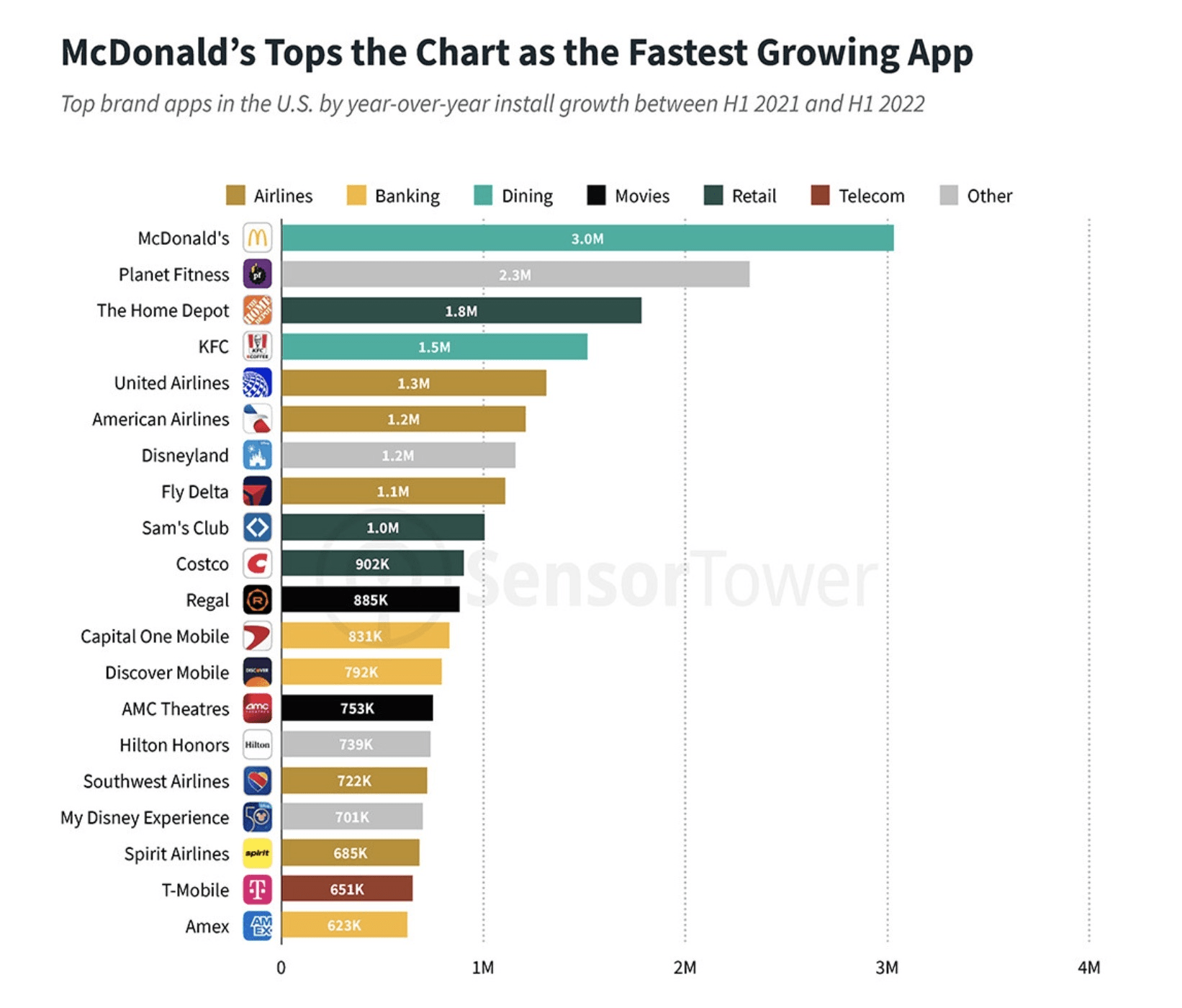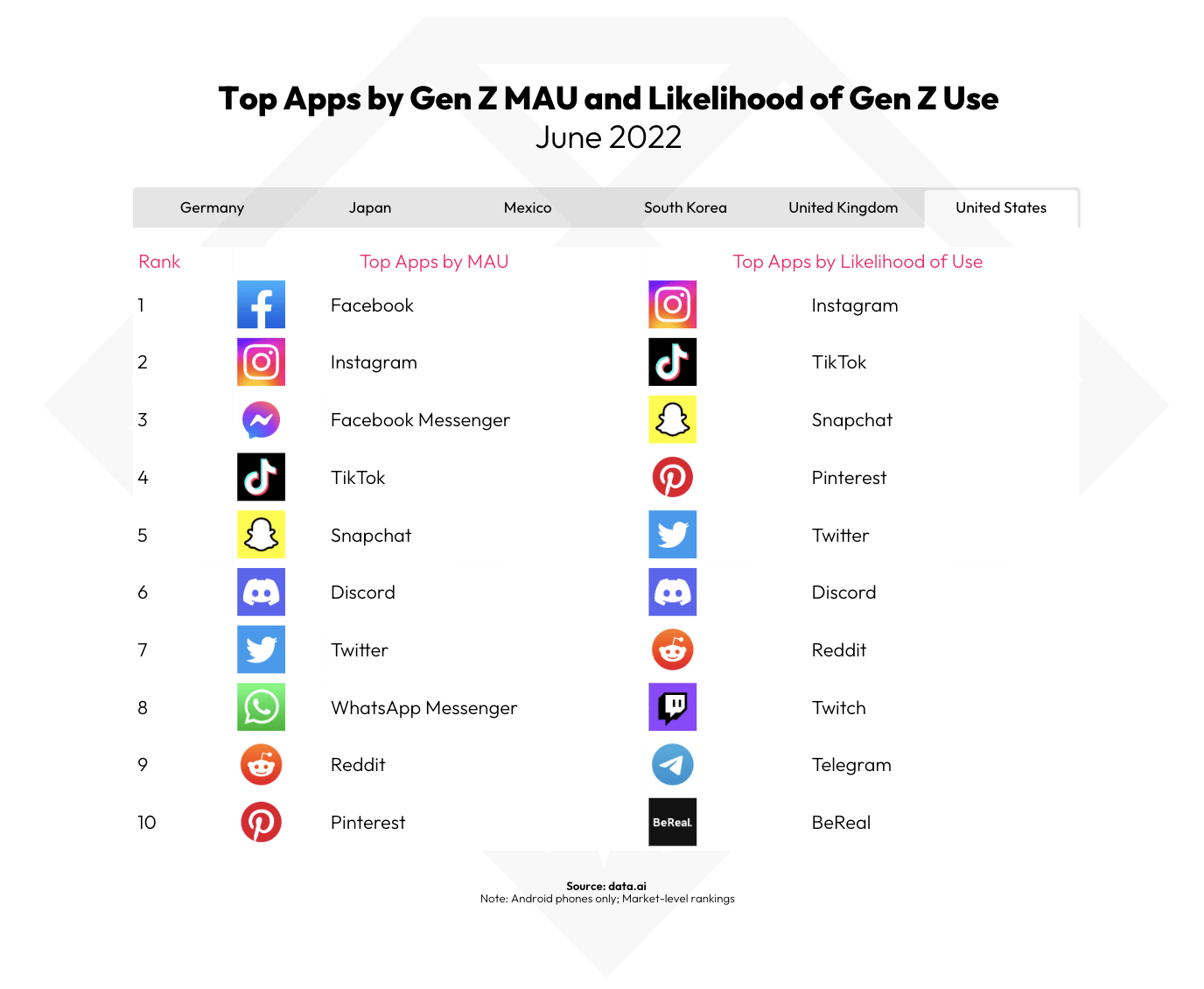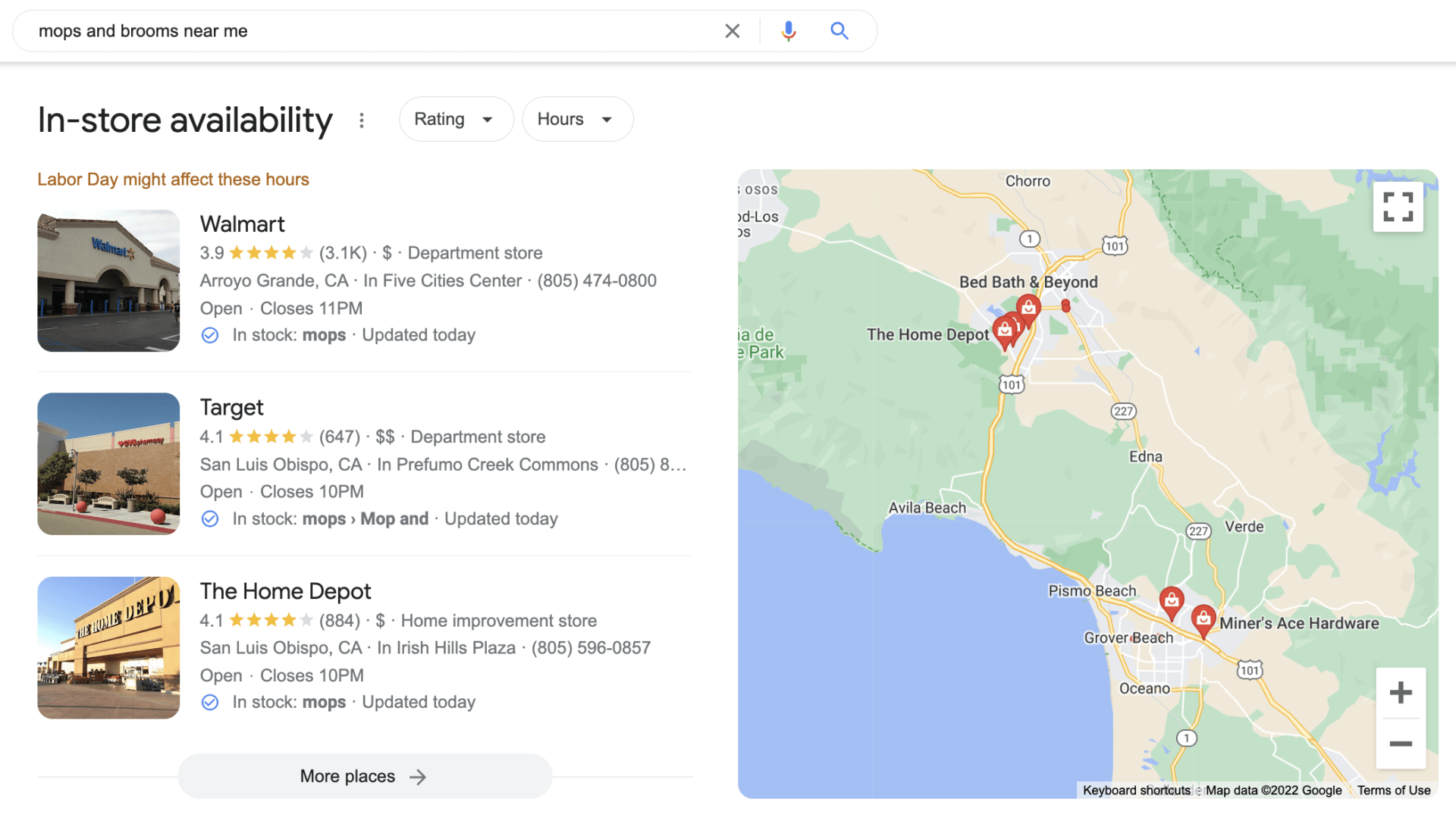What Are AI Agents? And Why Are They Critical to Local Marketing Success?
Local Memo: Who Is Eligible for a Google Business Profile?
Local Memo: Who Is Eligible for a Google Business Profile?
In this week’s update, learn about which kinds of businesses are eligible for Google Business Profiles; the modest impact of the Helpful Content Update; increases in brand app adoption; Facebook’s shuttering of Neighborhoods; surprising stats on Facebook popularity with Gen Z; and the normalization of Local Pack Headers.
Who Is Eligible for a Google Business Profile?
Google has a new help page for Maps contributors, summarizing what types of businesses are or are not eligible to list themselves using Google Business Profiles. This was pointed out on Twitter by Stefan Somborac. Places listed using Google Business Profiles should be “public businesses or places of interest in the real world,” according to Google. The doc also describes such places as “named entities that can be discovered and interacted with by users.” Examples include government offices, tourist attractions, professionals, home-based businesses, seasonal businesses that reopen at the same location, and any business with a storefront. “ATMs, video rental kiosks, express mail dropboxes,” and, presumably, other similar kiosk-type offerings, are eligible as long as they have “a name and customer service info available.”
As for ineligible businesses, Google says, “We don’t want to surface places that are fake or that users can’t utilize or contact.” Examples include:
- Fake or made-up businesses
- Temporary, one-time events
- Private property (e.g. celebrity’s home, your home)
- Seasonal/recurring businesses without a permanent location
- Businesses with no physical presence or local service area (e.g. call centers, online-only businesses)
While the document is helpful, it leaves out certain well-known edge cases, such as businesses that operate out of virtual offices. Google has a slightly different list of eligible and ineligible business types on its GBP help page titled “Guidelines for representing your business on Google.”
Helpful Content Update Has a Modest Impact So Far
Some 63% of respondents to a recent Twitter poll, conducted by Aleyda Solis, say they have as of yet seen no impact from the Helpful Content Update, which began rolling out about a week and half ago. According to Google, the update is still rolling out, which may partially account for the modest impact. As for those who did detect an impact, about 9% said it was positive and 12% reported negative results.
Google’s Danny Sullivan responded to questions about the apparently modest impact of HCU on Twitter. He said that the update was “part of a continuing effort” and that “updates don’t necessarily mean a big giant shift. If you have good content, you’re generally fine.” Sullivan also hinted that those who were negatively impacted might have reasons for not broadcasting that fact. Given that the update is still rolling out, Google’s John Mueller stated on Twitter that SEOs should “give it a bit more time” before drawing any conclusions about the impact.

Courtesy Aleyda Solis / Search Engine Roundtable
Brand App Adoption Up 13% in Q2 2022
According to Sensor Tower, overall adoption of brand apps was up 13% in Q2 compared to the previous quarter, but not all app categories experienced the same gains. Dining and retail won 37% and 29% of all brand app downloads, though this represents a slight decrease from pandemic peaks in 2020. Airline apps, by contrast, exceeded previous levels at 11% of all downloads. McDonalds saw the fastest growth of any brand app so far in 2022, earning 3 million downloads. Planet Fitness and Home Depot came in second and third, at 2.3 million and 1.8 million downloads respectively. Ad spend, according to the study, was strongly correlated with increases in app downloads.

Courtesy Sensor Tower / Business of Apps
Facebook Shutters Nextdoor Clone
Meta is retiring Neighborhoods, its experimental launch of a Nextdoor-type user experience on Facebook. Neighborhoods was in a test phase in the U.S. and Canada after it was officially announced last May. At the time, Nextdoor was experiencing massive growth, with users up 80% during the pandemic, and Facebook clearly saw a chance to capitalize on that by replicating the Nextdoor model. Some 38% of Facebook users already make local connections through Groups, suggesting that Neighborhoods might be the next logical step. But adoption and usage apparently did not meet Meta’s expectations. In fact, the company reported that the Neighborhoods test, which officially ends October 1, merely proved that Groups were already doing an adequate job of connecting local communities. However, it’s hard not to chalk this up to one more failed experiment at capitalizing on local within Facebook, of which there have been many over the years.
Actual Usage Data Shows Gen Z Logs In to Facebook the Most
A new study from data.ai offers a contrast to the story we hear most often these days, which says that younger users have abandoned Facebook in favor of TikTok and Snapchat. According to the study, the top app among Gen Z, when measured by monthly active users, is actually Facebook, with TikTok coming in fourth.
What this means is that more Gen Z users log in to Facebook at least once each month than the number that log in to TikTok. What it doesn’t mean is that they’re spending more time on Facebook. In fact, Facebook doesn’t appear anywhere on the list of the top 10 apps that Gen Z users are most likely to use. Though the study doesn’t define likelihood of use very clearly, this appears to mean that although more Gen Z users log in to Facebook at least once per month than any other social app, the average Gen Z user logs in to other apps far more often. One large caveat is that the study is only focused on Android users.

Courtesy data.ai
Normalization of Local Pack Headers
After covering the topic of Local Pack Headers in this space just a couple of weeks ago, I’m surprised to be reporting on an odd update on Google’s part. As was pointed out to me by SOCi’s Mike Snow and also shared on Twitter by Colan Nielsen, Google appears to have made a change whereby all Local Pack Headers are being replaced by one of three terms: “Businesses,” “Places,” and “In-store availability.” Before, the header seemed to be an attempt on Google’s part to match the intent of the user’s query and to categorize the listings shown in the Local Pack. As Miriam Ellis cataloged in her post on this topic, headers often followed an unusual and inconsistent logic, but did sometimes offer insight into how Google understood your query. I guess Google was unhappy with the inconsistency, given that headers are now extremely generic. I’m not sure if this update has rolled out to all users but it appears to be widespread.

One of only three Local Pack Header options after the update




